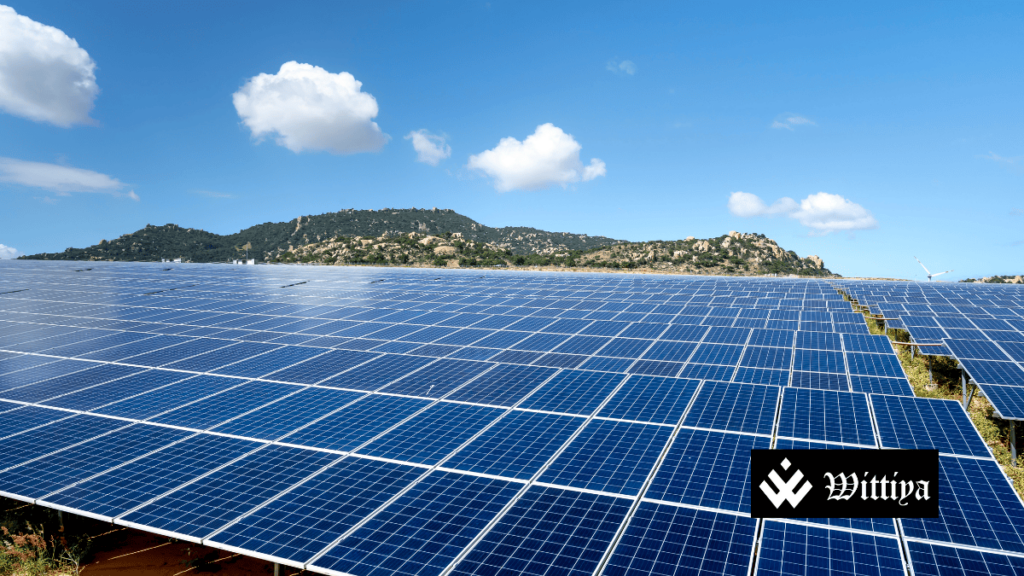India is finalizing a $1 billion subsidy plan to boost domestic solar manufacturing, aiming to reduce reliance on China and strengthen the country’s wafer and ingot production. The Ministry of New and Renewable Energy is leading the proposal, which has backing from top government advisers and is expected to be presented for approval soon.
India is preparing a $1 billion subsidy plan to boost domestic solar manufacturing as part of its efforts to reduce dependence on China and strengthen its energy security. The proposal, spearheaded by the Ministry of New and Renewable Energy, focuses on supporting the production of wafers and ingots—key components in solar panels where India lags behind other countries.
The proposal has the backing of senior government advisers, including officials in Prime Minister Narendra Modi’s office, and is expected to be presented to the cabinet for approval in the coming months, according to sources familiar with the discussions.
India currently relies heavily on China for solar equipment, despite efforts to expand its domestic solar module and cell production. The country’s wafer and ingot manufacturing capacity remains limited to just 2 gigawatts, primarily produced by Adani Enterprises Ltd., while the overall module capacity stands at 71 gigawatts and cell capacity at nearly 11 gigawatts, as per BloombergNEF data.
The subsidy initiative aims to replicate the success of India’s mobile-phone manufacturing incentives, which attracted global giants like Apple Inc. and Samsung Electronics Co. to set up production facilities in India. The government hopes similar financial incentives will encourage local manufacturers to invest in solar production and make India a global player in the industry.
However, even with increased wafer and ingot production, India will still rely on imports for polysilicon—the key raw material used in their manufacturing. China remains the dominant supplier, producing 2.3 million tons of polysilicon annually, while Germany, the second-largest producer, accounts for just 75,000 tons.
The new subsidy plan seeks to address cost and logistics challenges in India’s solar sector while improving quality control measures. The government views the initiative as a crucial step toward achieving self-sufficiency in renewable energy and supporting India’s transition to a greener future.



